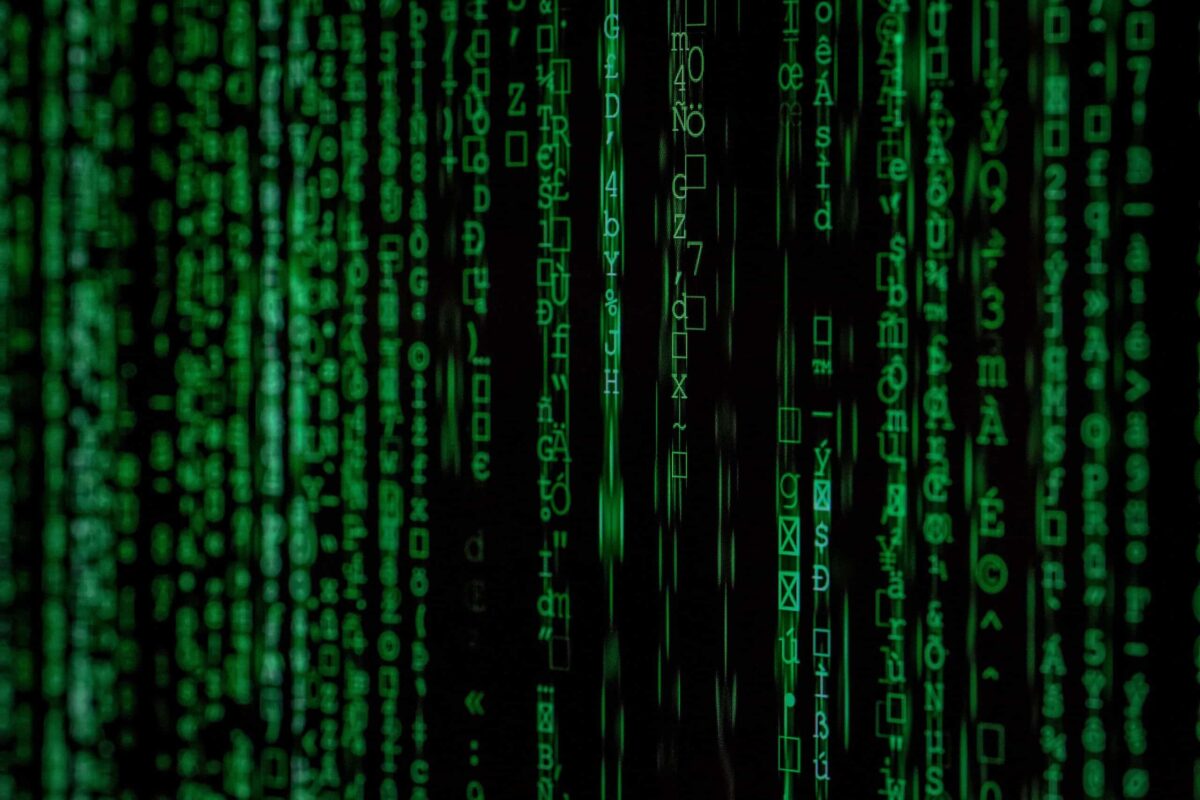Why Expats Should Learn About Data Security

Planning for a new life abroad requires a significant task list, there’s one more item you should tackle: learning about data security. Often, things that you feel comfortable and confident doing from your phone or computer at home may not be as safe to do in your new country. Here are some things to know that can ensure you protect your data overseas.
Understanding Acronyms
It helps to remember that anything you send or receive over the internet doesn’t quickly zip straight from Point A to Point B. Instead, it’s transmitted from server to server along its journey, and at each step it is vulnerable to being intercepted by any number of bad actors. To combat this concern, cyber experts create tools to encrypt data, making it secure yet still decodable when it reaches its endpoint. That’s where some of the fancy tech terms you may have heard bandied about come into play. For instance, if you’ve dipped a toe into learning about cybersecurity, you’ve probably found yourself wondering what is SSL and why do I need to know about it?
In short, SSL, or Secure Sockets Layer, and its updated partner TSL, or Transport Layer Security, are protocols that work to keep your data safe as it moves around the internet. It’s important to know about this encryption and decryption so you can ensure it is always in place when you are visiting websites or sending and receiving emails. Checking to be sure that your browser window displays “HTTPS” or a lock symbol is an indication that encryption like SSL or TLS has been put in place to protect your data.
Minimizing Exposure
In addition to making sure your activities are encrypted when you’re online, there are some other steps you can take to be less vulnerable to data breaches. Before even leaving home, pare down the amount of removable media you bring with you; the fewer flash drives and CDs you are toting around, the less likely they are to fall into the wrong hands. Perform a full data backup and strengthen your passwords so files are harder to get into. Also, update the software that is protecting you from viruses and malware and download all recent patches.
Once abroad, be cautious with your belongings. Sitting in a café with your full tech setup can invite thieves to follow you home. Accessing public Wi-Fi or using Bluetooth when out and about should be kept to a minimum. Practice common sense when it comes to using your devices on anything other than a private, secure server.
Using a VPN
There’s another acronym that you should learn that is also important for securing your data, and that’s VPN or Virtual Private Network. Whenever you need to connect via anything other than an absolutely secure server, employing a VPN can protect you by essentially hiding anything you’re doing on the internet. To prevent gaps in protection, some people make it a habit to leave their VPN engaged at all times so they don’t forget to access it when leaving home.
Using a VPN has additional perks beyond protecting your data. Because VPNs serve to mask the user by providing an anonymous IP address, they can be employed to access blocked websites or location-based services. For instance, with a VPN you can access many of your US-based streaming services, your bank account or just about anything based in another country without being blocked.
If you’re planning a move abroad, you probably already realize you’ve got a lot to learn. Make sure that data security is one of the things you read up on, so you’ll have a basic idea of how to protect yourself from the moment you hit the ground in your new country. That way you can spend more time savoring the experience and less time fretting about protecting your data.